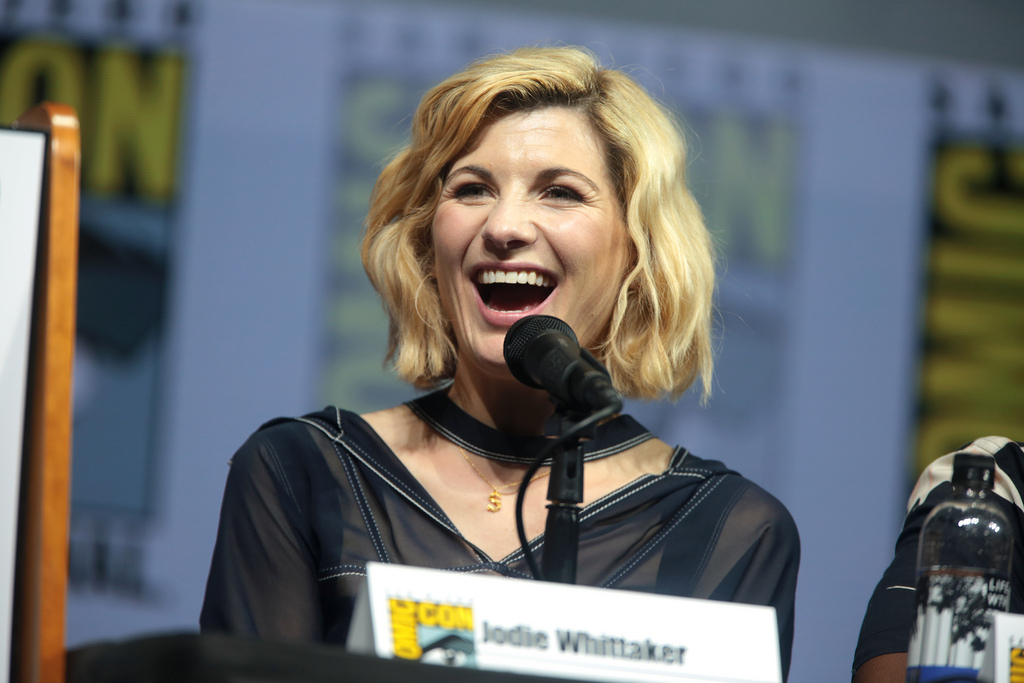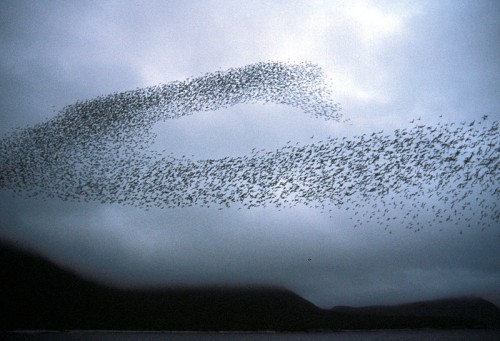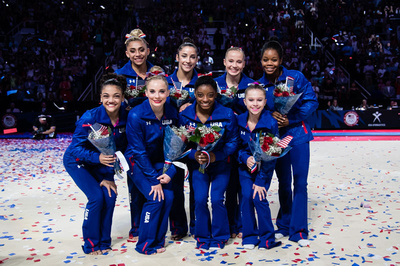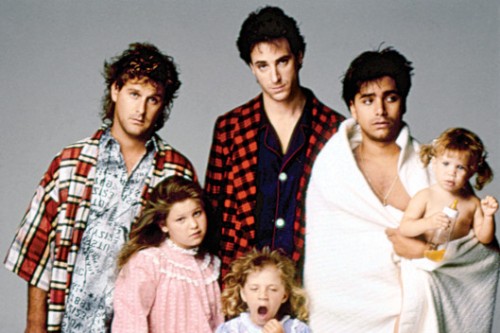An analysis of how human beings engage with a given artefact likely draws from a fundamental premise: human creations demonstrate social-material consequences. This observation does not purport to indicate a probable condition, but rather an ineluctable one—and it holds relevance, always and everywhere, for all types of artefacts. This is true of artefacts demonstrating utilitarian salience—like a spear, scythe, wrench, pencil, microwave, motor vehicle, computer, etc.—and those ostensibly centring on more aesthetic functions—like a painting, sonnet, concert, novel, play or even a television programme.
For the following argument, I discuss how a particular television series, Doctor Who, demonstrates social-material consequences for a community of fans, the Whovians. Following the recent premier of Season Eleven, many excited Whovians took to Twitter in collective celebration of Jodie Whittaker, the first woman to play the show’s leading character, The Doctor. After 55 years of men in the role, Whittaker’ casting had clear symbolic importance. But it had social-material significance, too. One Twitter comment comes to my mind as an exemplary indication of such significance.
A father tweets, “My daughter (6) told me they were playing #DoctorWho… in the playground today and she was the Doctor – that’s why last night was brilliant.” Recognizing that the child’s pretending to be the Doctor is to envision herself as the hero, we may acknowledge that she not only enacted a role of social importance, but also felt it was appropriate and desirable to do so. In other words, we confront the affective (and thereby material) implications of her having a woman role model to serve as fodder for her imagined (and real life) ambitions. Pretending to be the Doctor, this child may envision herself as not only competent, but exceptional. While playing, she perhaps recited that now iconic line from The Woman Who Fell to Earth, “When people need help, I never refuse!” more...









